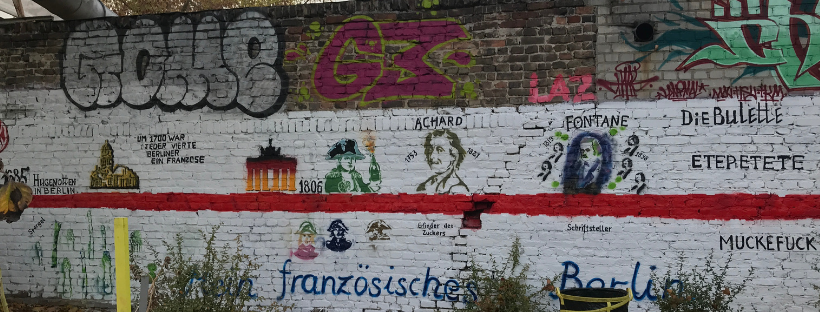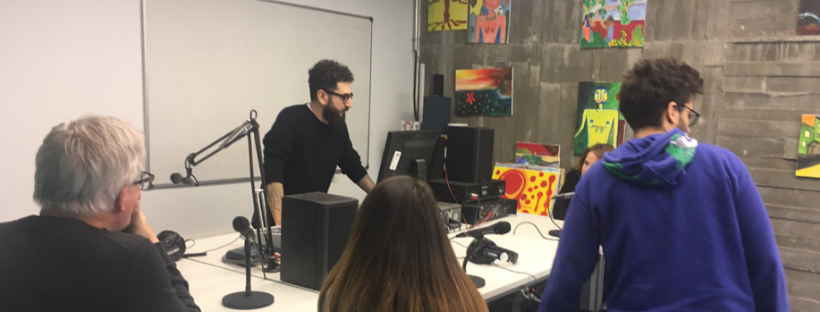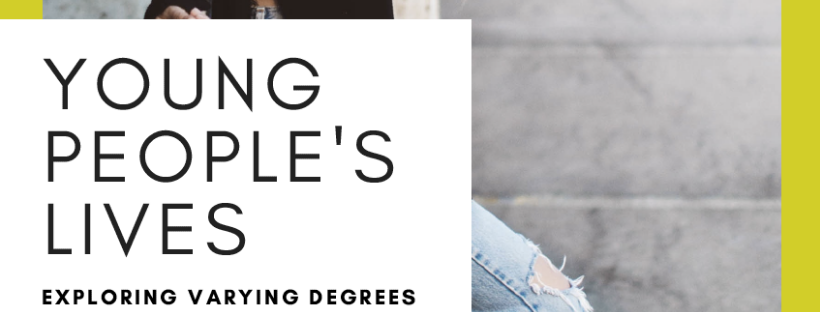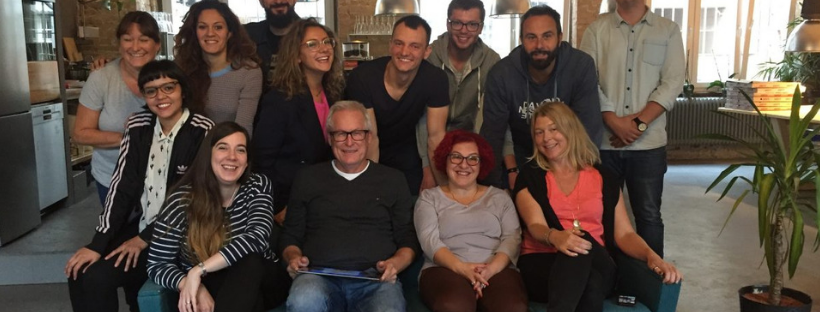In November, the Our Voices team made their way to Spain, to participate in a transnational partnership meeting. With the intellectual outputs – the curriculum, the toolkit and the resource bank – ready to be finalised, now was the time for the partnership to start thinking about the impact they can make with these products and turn their focus to dissemination and sustainability.
As part of the meeting, the team also participated in a radio workshop ran by INTRAS, Radio Atlántida. This is a pioneering activity started by INTRAS aimed at improving people’s communication skills “on air” (i.e. reading articles and books, film festivals shows, radio slots) and provide different and innovative solutions to empower people with mental health issues. Partners were all interviewed about what they think about the development of the project.
The next step for the project will be the piloting of the Digital Curation Training Programme in each partner’s context. Each partner will implement aspects of the Our Voices methodology via training programmes and workshop in order to explore to what extent this intellectual output can be adapted to different target groups. Also, during the next few months, relevant stakeholders in higher education, health sector, user-run organizations, informal trainer providers and research/policy institutes will be participating in webinars with the project team. We will ask them to give feedback on the outputs created in terms of their future usages and accreditation of the curriculum.
Following this, the main focus of the project will be on the multiplier events that are set to take place in the UK and Germany. Full details of these events will be available soon, including how you can attend!




